It was certainly an intriguing headline. The Times published a story on Monday reporting that Iran was ‘’peddling disinformation’’ to influence the Scottish election to boost support for independence and undermine the UK.
The mainstream media thought it was intriguing too. The story was picked up by the Telegraph, the Daily Record, the Scotsman, the Press and Journal, the London Evening Standard and more.
This was obviously big news. The Times splashed the story across its front page on Monday and the story was amplified when the BBC’s headline picked it out in its review of that day’s newspapers.
There’re nothing like a story casting shade on the independence movement to whet the media’s appetite. But this was nothing like a story casting shade on the independence movement.
It was an exclusive preview of a report by British academic Dr Paul Stott for the right-wing think tank, the Henry Jackson Society. It was published days before the report was even posted on the society’s website. Indeed the report had still not been published when we checked the society’s website this morning.
So this story must have been very new, right? And Iran’s ”meddling” must have been significant to justify the story’s position on the Times front page, right?
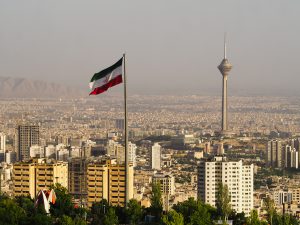
Iran, accused of circulating disinformation on the Scottish elections … but how true are the claims?
Obviously we tried to find out. We talked to the society’s director of communications Sam Armstrong on Monday morning. He was quick to stress that he didn’t write the report and that how any news organisation chose to present the story was nothing to do with the society itself.
It had been offered to the Times as an exclusive preview – a regular practice to publicise think tank reports in the media. The section offered to the Times dealt with Iran’s ‘’meddling’’ in the Scottish election but the report itself has a much wider remit to look at Iran’s online disinformation tactics.
Some of the information in the report comes from Facebook’s 2021 report on Co-ordinated Inauthentic Behaviour, showing the social media giant had removed networks originating in Iran because they were spreading disinformation.
The Times last month published pretty much the same story it splashed on Monday
Indeed the Times last month published pretty much the same story it splashed on Monday. There were similar stories dating back to February 2020, October 2019 and around the time of the 2014 referendum. So we’re not sure how it qualifies as front page news.
There is no doubt that Iran does engage in disinformation against many countries, including Iraq, Mexico and Israel. But how many accounts have been removed from Facebook because of interference in the Scottish election? It turns out that’s a difficult question to answer.
Scotland isn’t even mentioned in the summary of Facebook’s March 2021 report, nor in the list of networks removed. The Times story last month gave as an example of Iran interference a single post by someone purporting to be an independence supporter approvingly sharing a meme critical of David Cameron.
The only other specific example we can find was a page called Free Scotland dating back to 2014.
Closer examination of the Times story confirms a certain vagueness around the details
We asked the Henry Jackson Society how many specific examples of Iranian interference in the Scottish elections are given in its report. Sam Armstrong said he could not tell us. He referred us to the author and offered to try to arrange an interview but this morning Dr Stott had still not contacted us.
Closer examination of the Times story confirms a certain vagueness around the details. The Jackson Society report itself says: ‘’Iran is almost certainly looking to disrupt our current elections, most likely those underway for the Scottish Assembly [sic].’’
Katherine O’Donnell, a former night editor for the Times in Scotland, tweeted she thought there was something ‘’very wrong’’ with the story.
And respected foreign journalist David Pratt wrote that even if Iran was responsible for disinformation on Scotland the ‘’instances of coordinated activity targeting the Scottish political landscape and independence movement is, in Iran’s case, tiny and such players generally few and far between’’.
Although information is scarce on examples of Iranian interest in the Scottish elections there’s certainly no shortage of information on the Henry Jackson Society itself. For instance, Byline Times reported last December that it has played a key role in shaping Boris Johnson’s foreign policy agenda but has close ties to right-wing pro-Trump figures.
And opendemocracy revealed last July the UK Home Office paid £80,000 to the lobby group, which has since 2013 donated £12,000 to Conservative MPs including Priti Patel and Michael Gove, who served as one of its directors.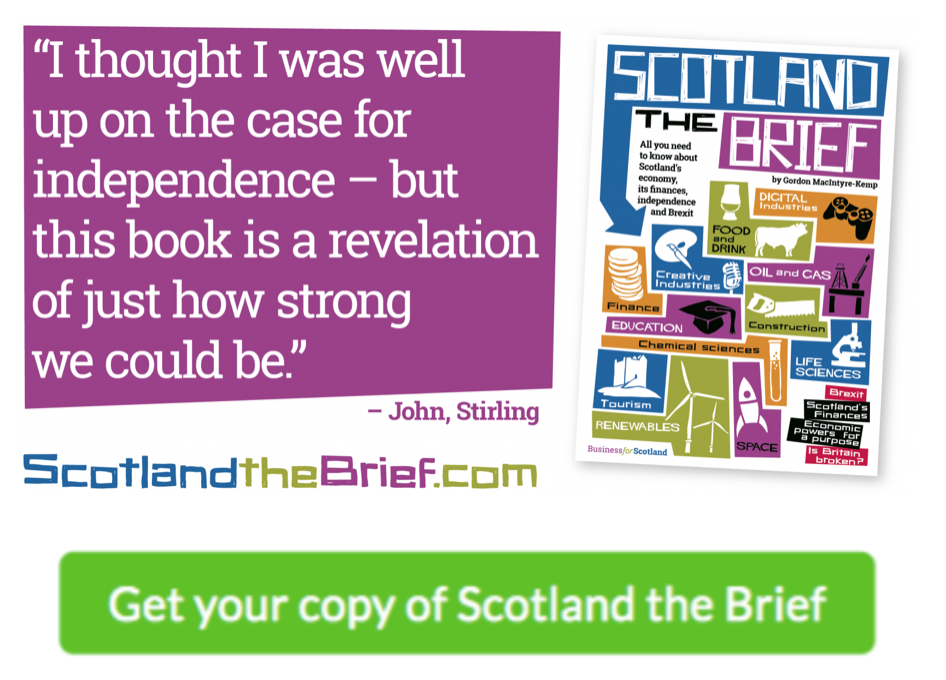

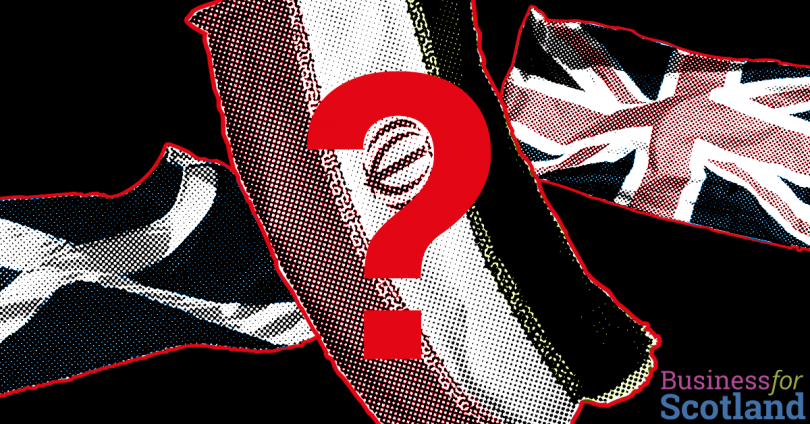





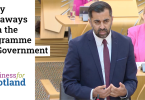
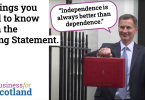
It is astonishing to see such reports from countries all over the world claiming to be democracies and worthy of public opinion, meaning that the Scottish people, who are claiming their rights to independence under UN law and the principle of democracy, have been provoked by a number of fake internet accounts. Do you mean that the Scottish people, who have been trying for years to get their rights, are being fed by Iran in order to provide the conditions for their repression?